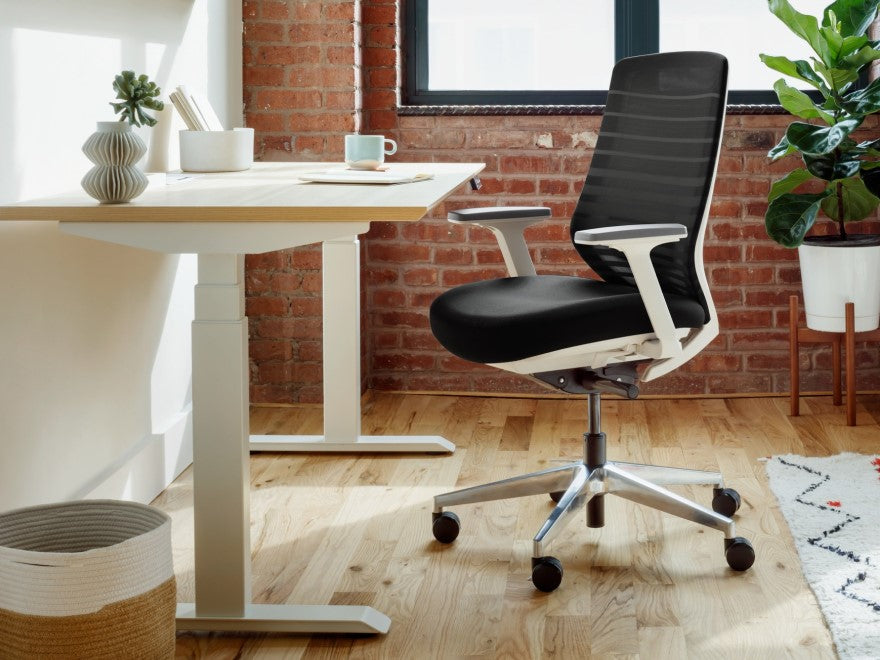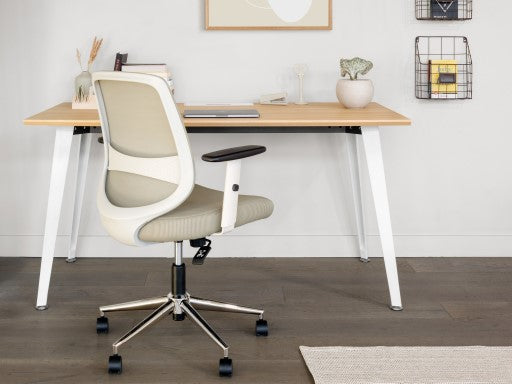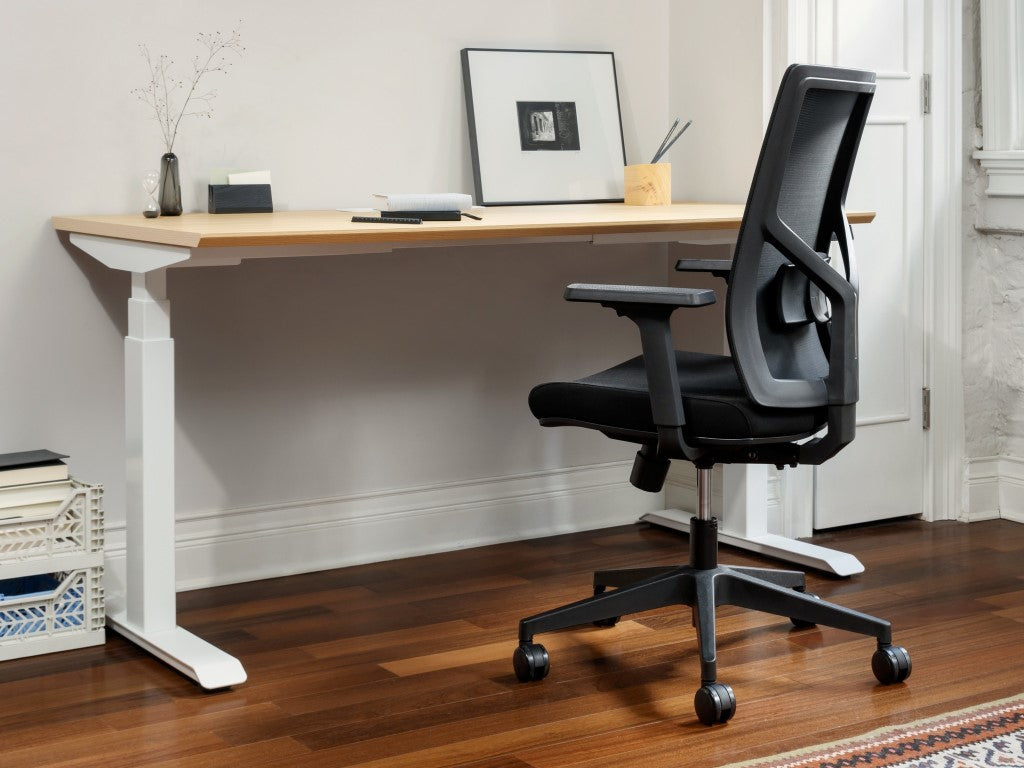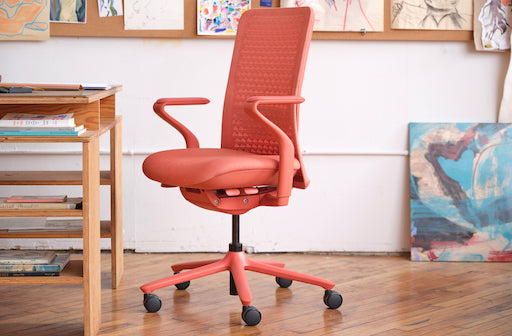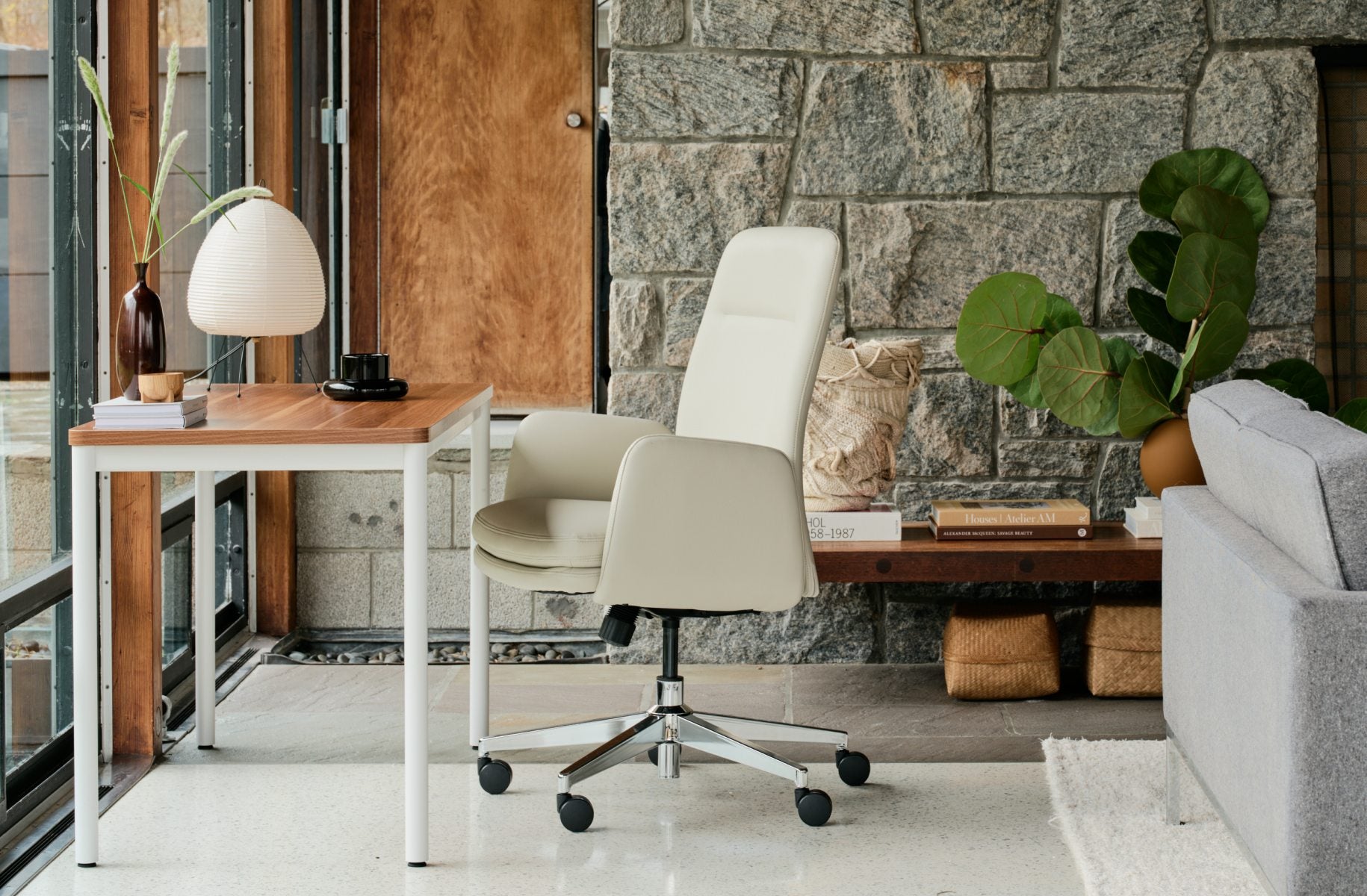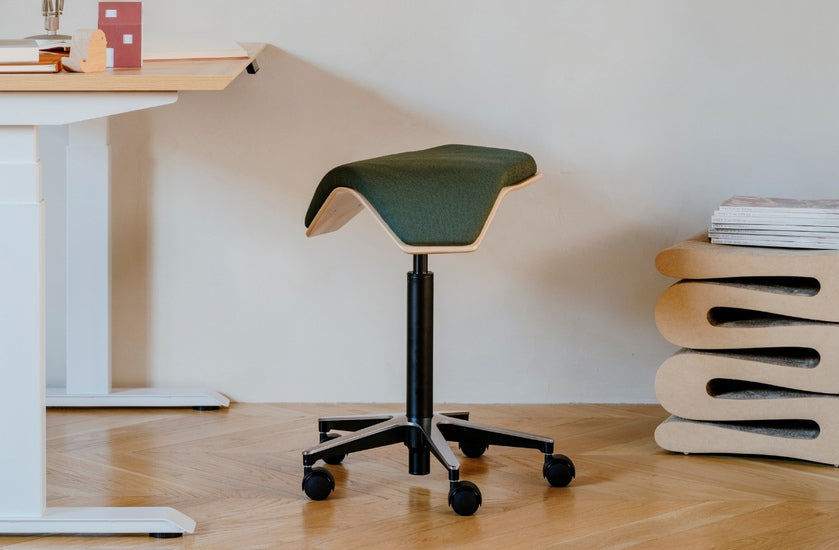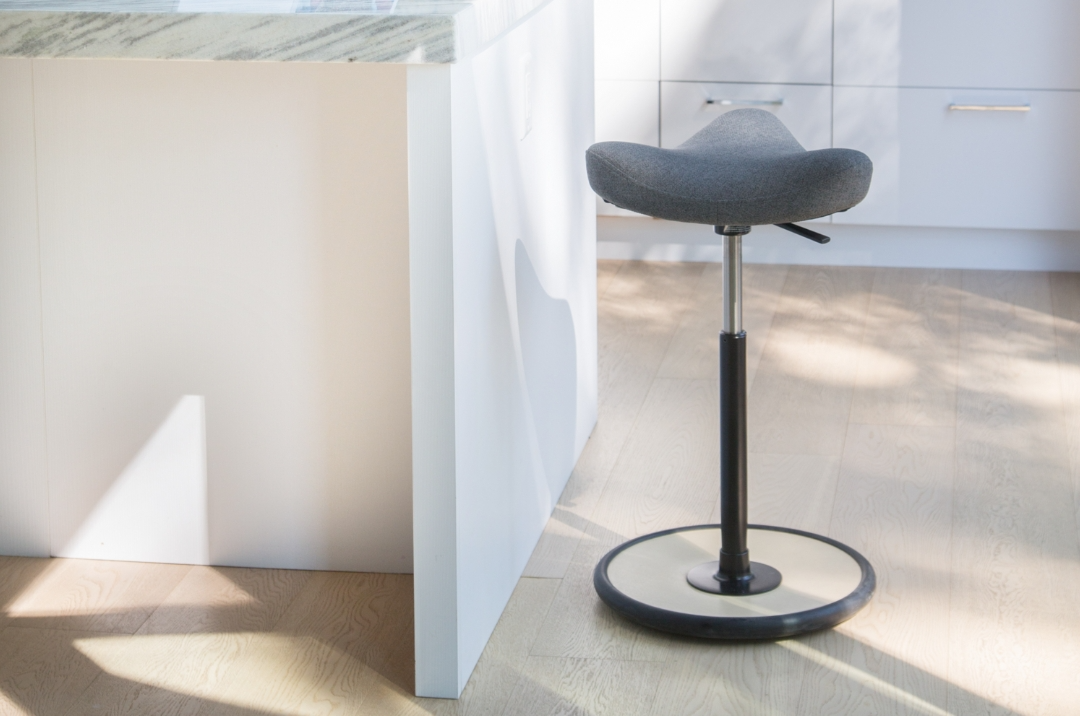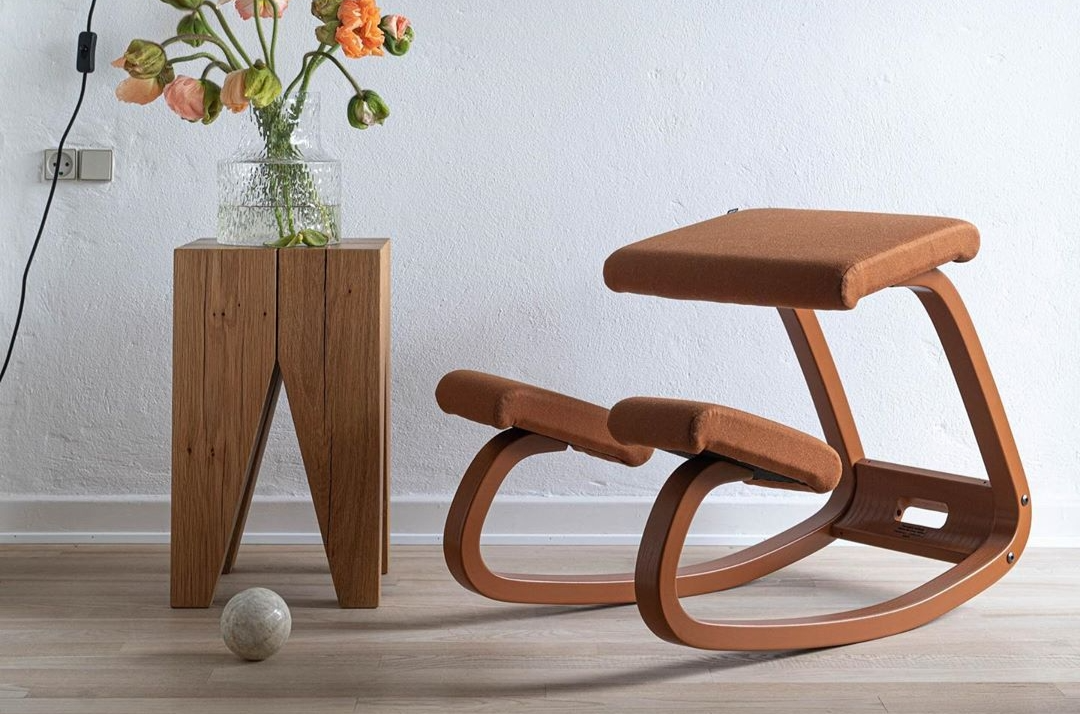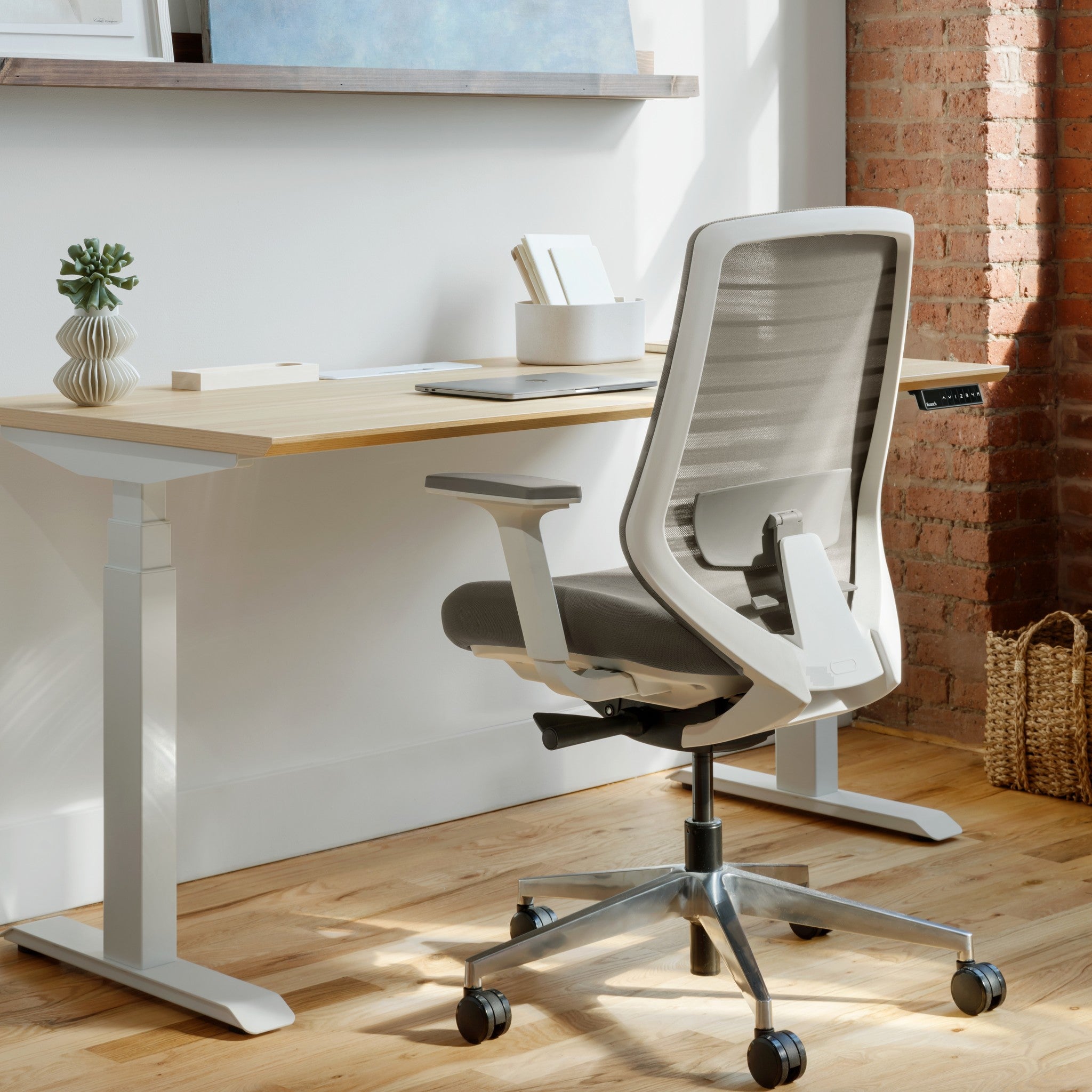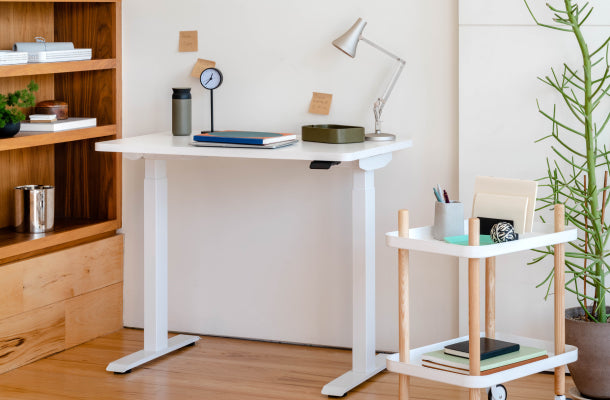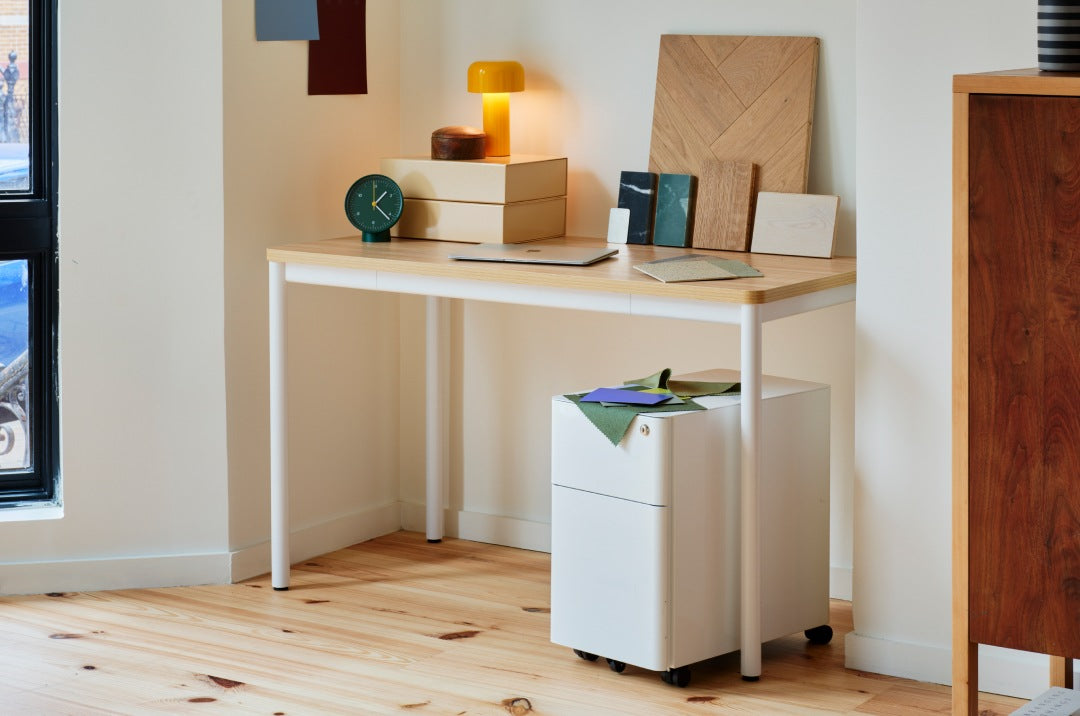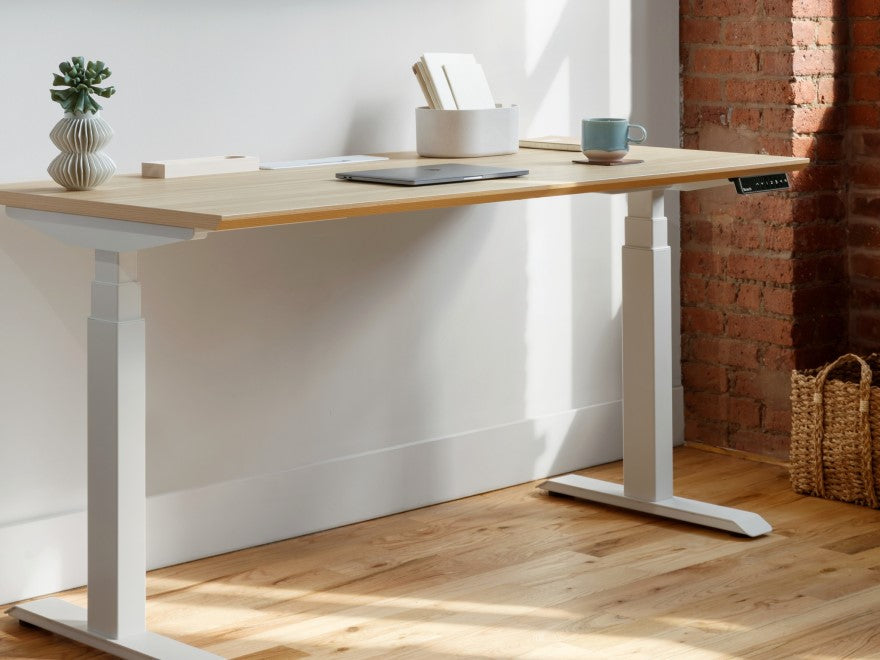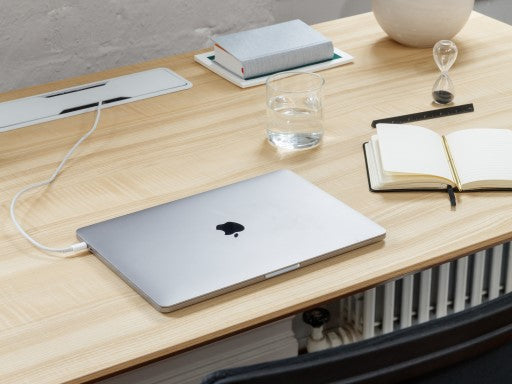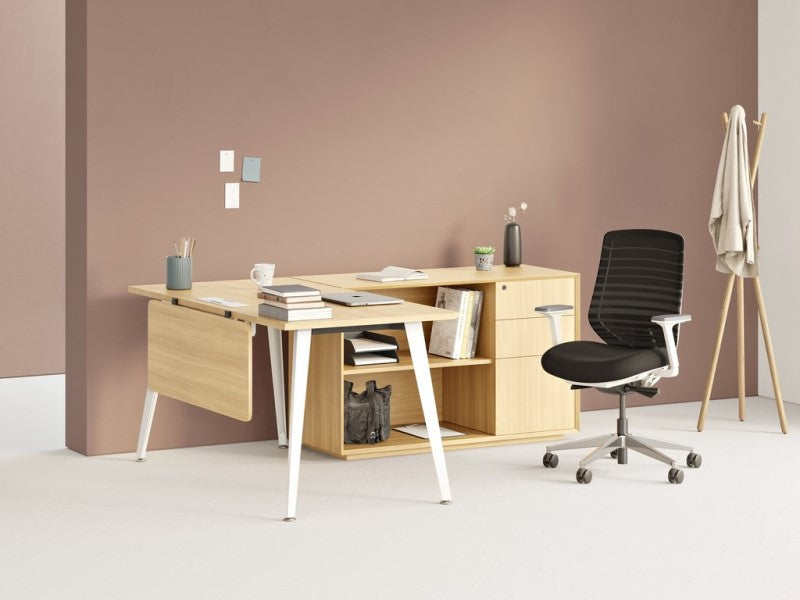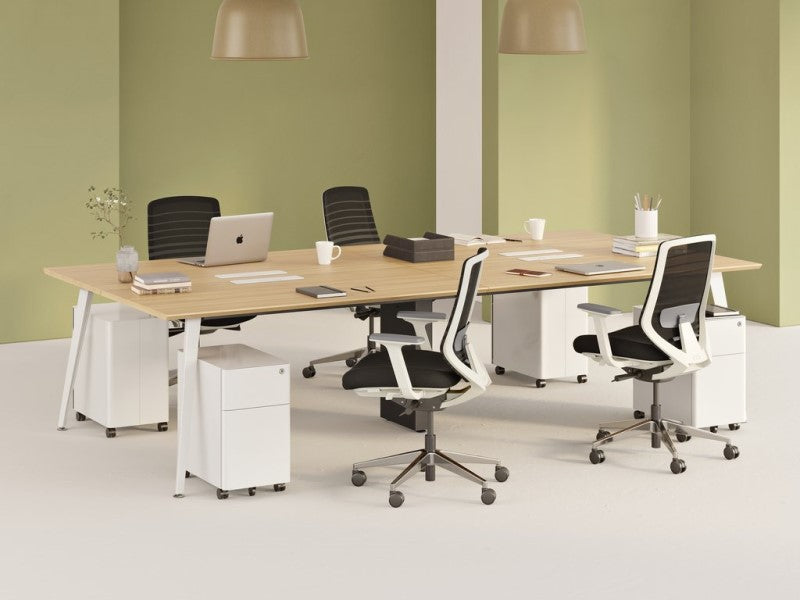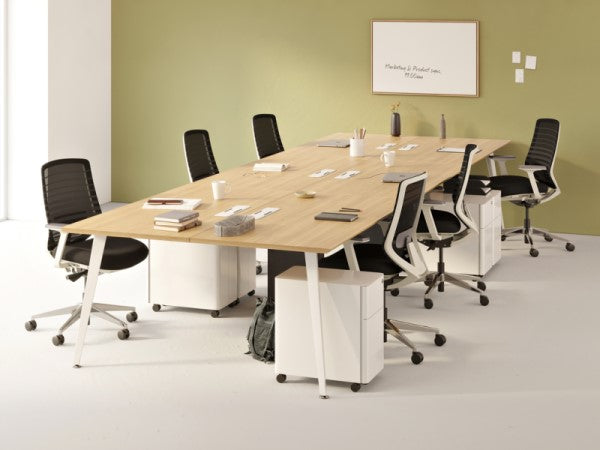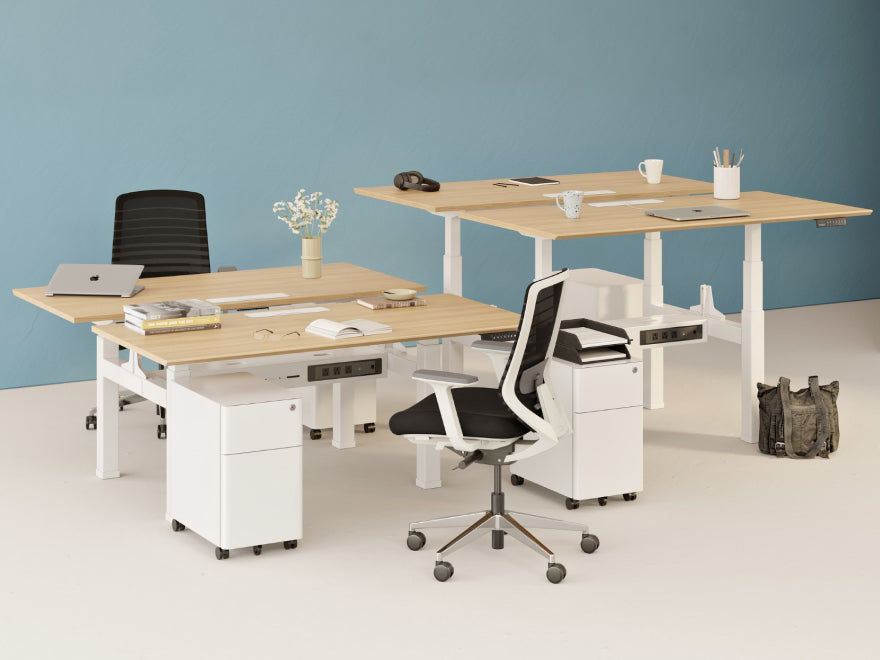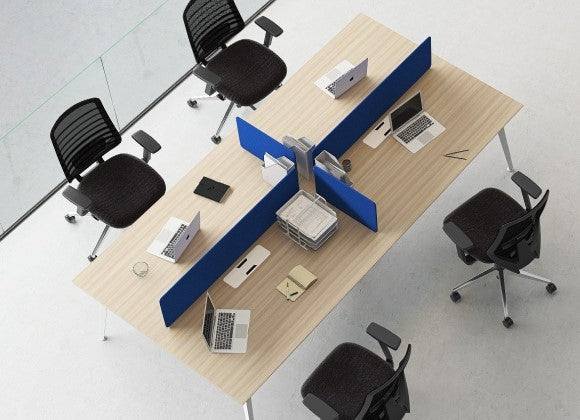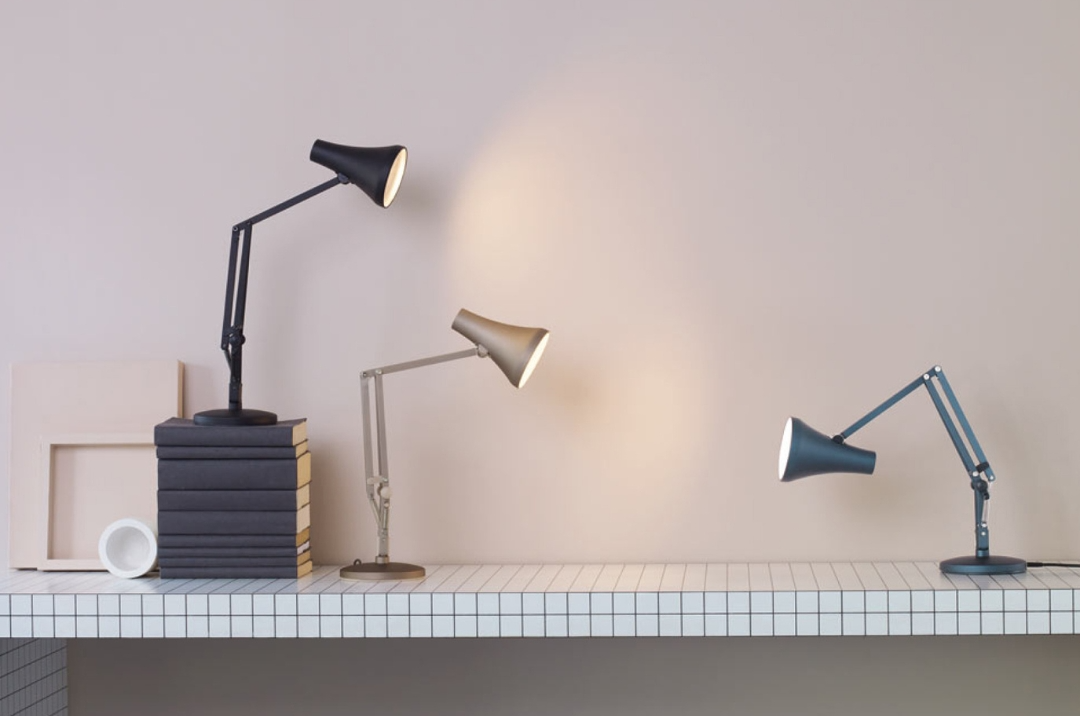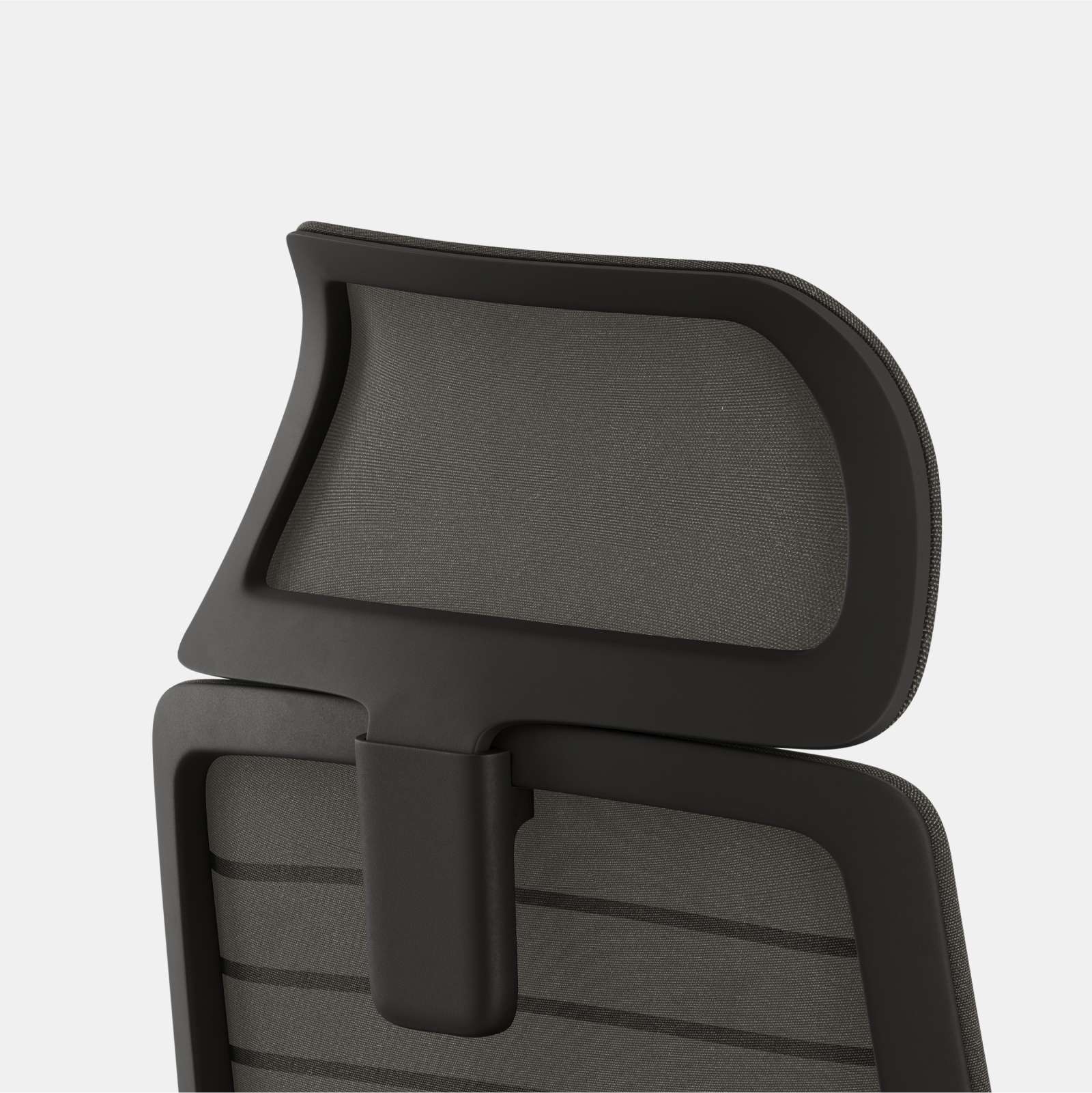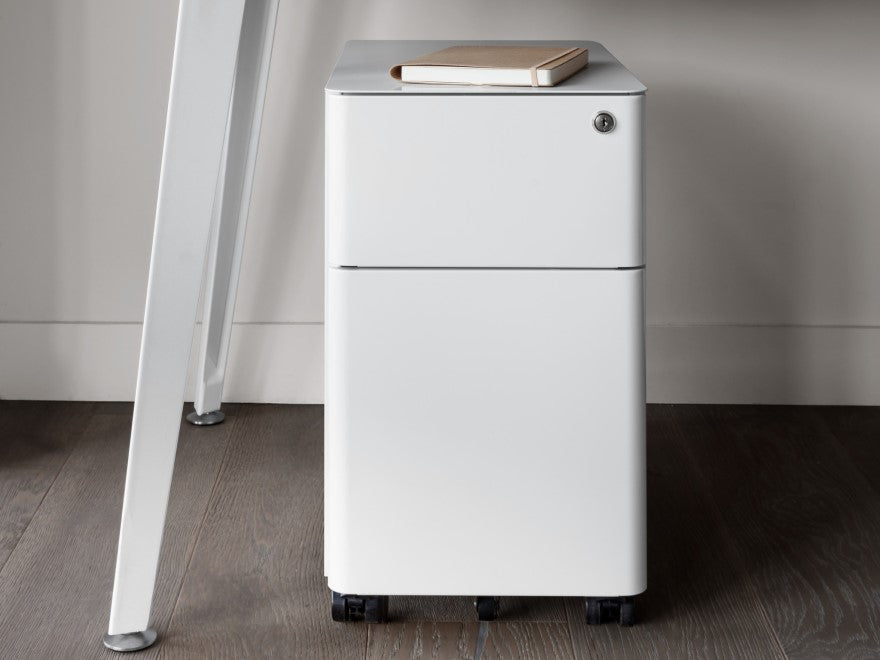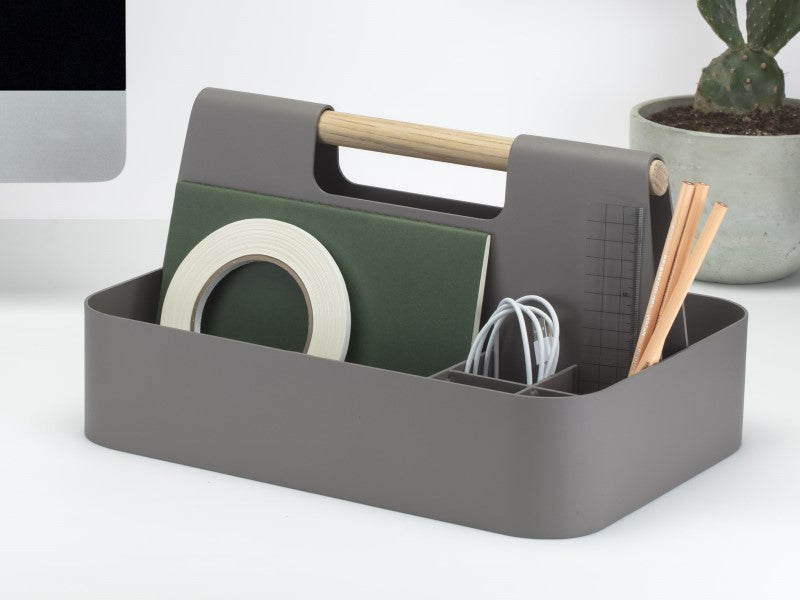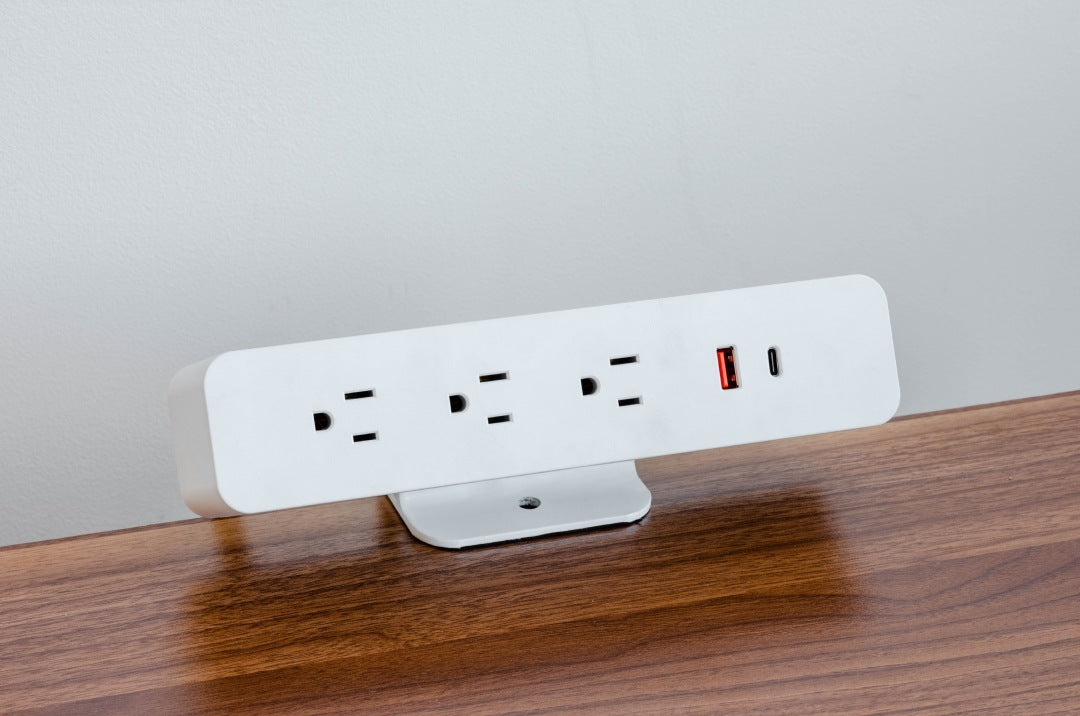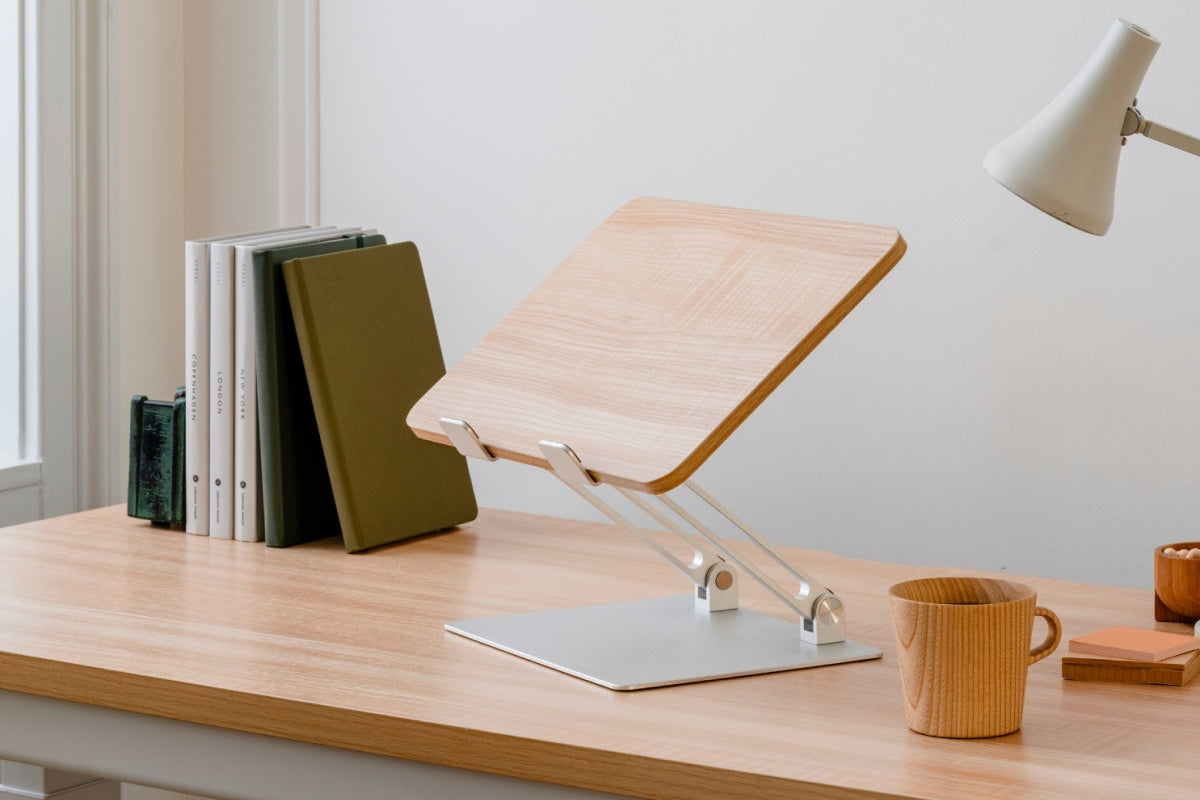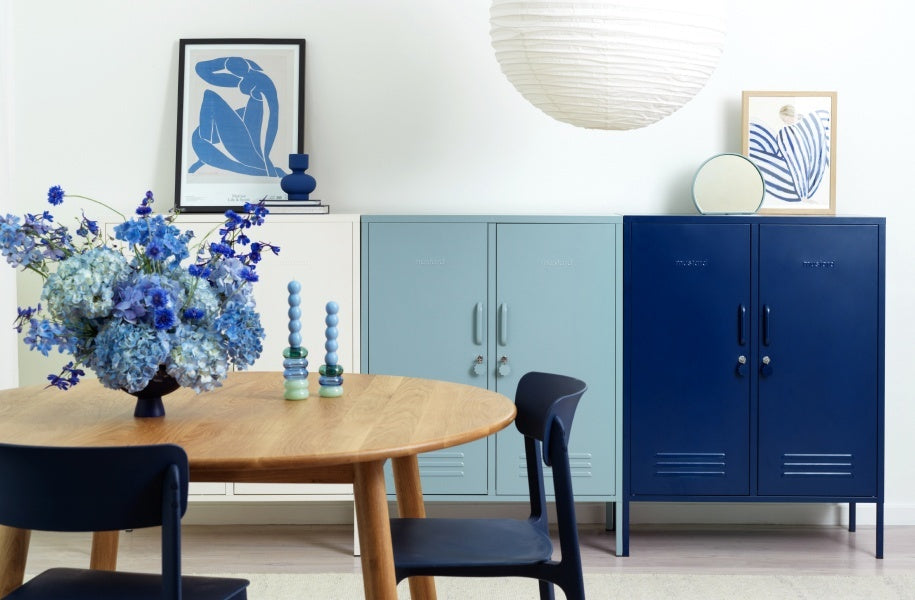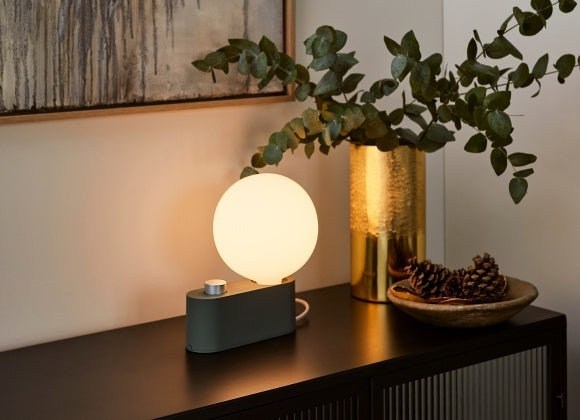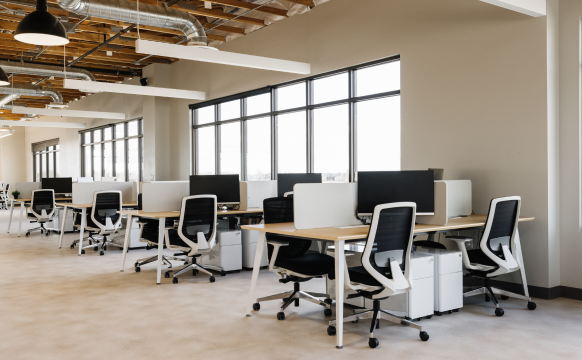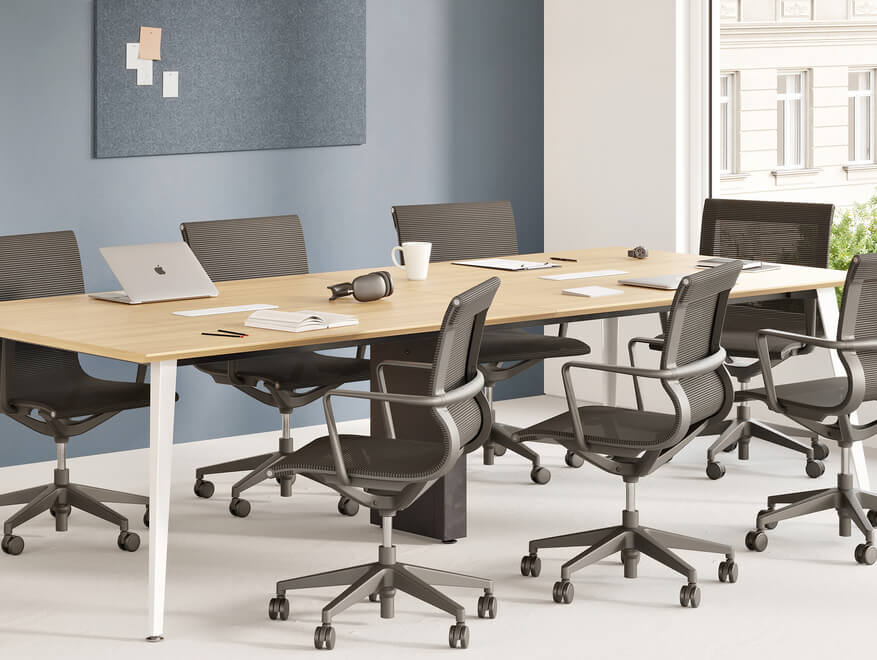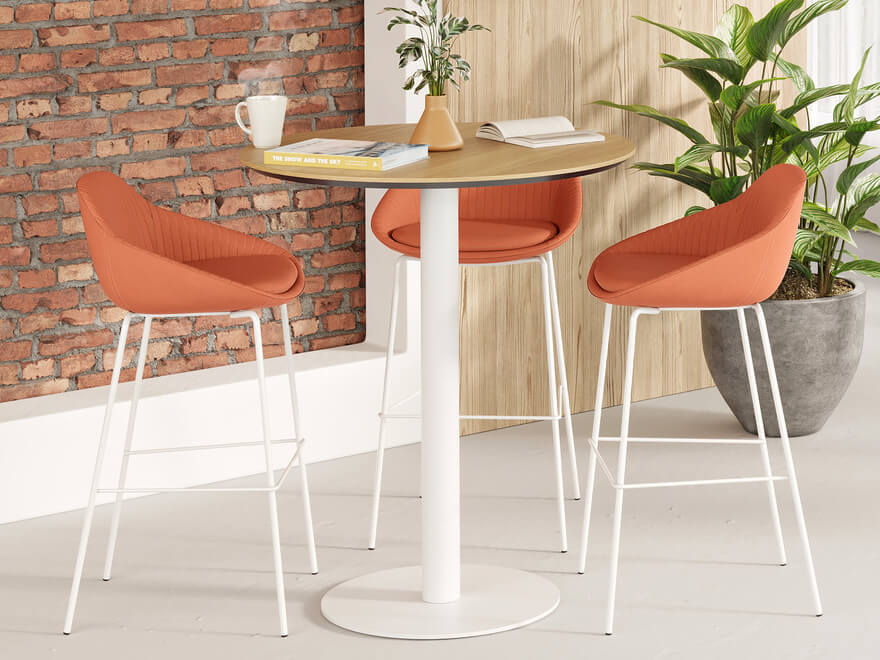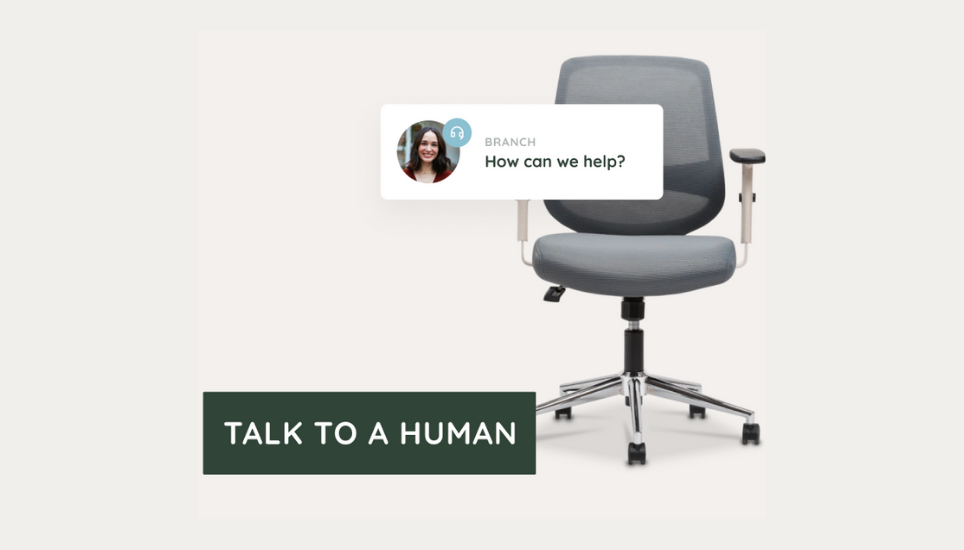The essence of a highly productive desk doesn't just lie in the desk but in the accessories that complement it, optimizing both functionality and comfort.
Here's a list of must-have desk accessories to consider:
Ergonomic Chair: Your desk's best partner is undoubtedly a comfortable chair that supports good posture. With many of us spending four to five hours sitting daily, a functional chair, such as the Branch Ergonomic Chair, is a vital accessory to maintain back health and ensure longer, pain-free work hours.
Monitor Arms & Stands: Elevate your screen to the eye level, reducing neck strain and ensuring an optimal viewing angle. They also free up valuable desk space, giving you room for other essentials.
Keyboard & Mouse Pads: Soft pads offer wrist support, reducing the risk of repetitive strain injuries. They also add an aesthetic touch to your workspace.
Cable Management Tools: A tidy desk is conducive to a clear mind. Use cable clips, sleeves, or under-desk trays to keep wires organized and out of sight, preserving the neatness of your workspace.
Desk Organizers & Storage Solutions: Keep stationery, documents, and other essentials in dedicated compartments. This reduces clutter and ensures everything you need is within arm's reach.
Task Lighting: Good lighting is vital. A dedicated desk lamp with adjustable brightness ensures you have the right amount of light, reducing eye strain and fatigue.
Greenery: Plants like succulents or air purifiers like spider plants can breathe life into your workspace, offering aesthetic appeal and potential health benefits, such as improved air quality.
Acoustic Panels: Especially valuable for enterprise settings, these panels can minimize noise distractions, making the environment more conducive to concentration.
Incorporating these accessories can elevate your desk setup, making it visually appealing and supremely functional. When every component of your workspace is in harmony, it sets the stage for enhanced productivity and well-being.

